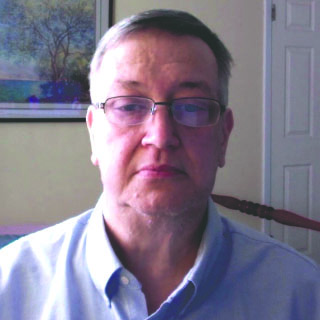378
I have often been asked why Minden has no visible signs to recognize us as the hometown of Governor Robert Floyd Kennon. It isn’t as if every community in Louisiana can lay claim to a governor as a native son. Since statehood, forty-three men and o




